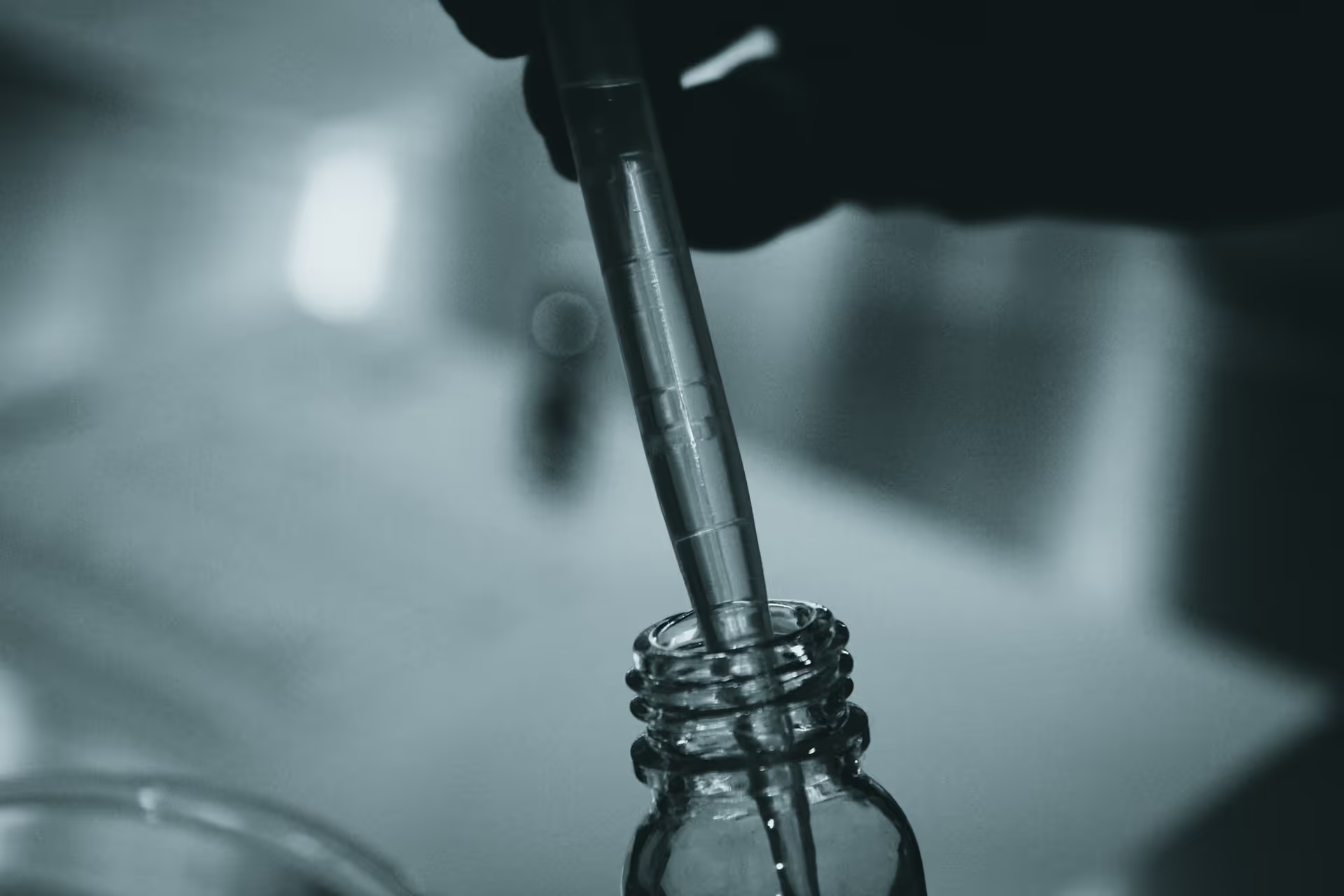The European Commission (EC) has announced a new initiative for a single procedure for the granting of SPCs across the European Union (see here).
Background
Supplementary Protection Certificates (SPCs) are additional rights that extend patent-like protection for up to an additional five and a half years for medicinal or plant protection products that have been subject to marketing authorisation procedures. The current system requires applications for an SPC to be made to each EU member state individually. Further, although there are only four codified substantive requirements for obtaining an SPC (see Art. 3 of Regulation EC No 469/2009 and Art. 3(1) of Regulation EC No 1610/96), the interpretation of those requirements occasionally differs between national patent offices, even in light of numerous preliminary rulings from the Court of Justice of the EU attempting to provide greater clarity. Hence, it is not uncommon for national patent offices to arrive at different conclusions in respect of the same family of SPCs, leading to incomplete protection across the EU.
New announcement
With the expected implementation of the Unitary Patent (UP) and Unified Patent Court (UPC) system in late 2022/2023 (see our UP & UPC Guide for more details), the EC has now announced that it intends to propose new legislation for a single procedure for granting SPCs in the EU. In particular, the announcement indicates that the initiative “will put in place a unitary SPC and/or a single (‘unified’) procedure for granting national SPCs”.
Although the EC has not yet provided details of its proposals or opened a call for evidence, it would appear that the goal is to provide a new centralised mechanism for obtaining SPC protection across the EU, whether the result of the procedure is a single unitary SPC or a co-granted bundle of national SPCs. The EC has set a timeline of Q1 2022 to advance the proposed legislation.
Commentary
We do not predict that the new legislation would change the substantive requirements for obtaining an SPC, only the formalities about how this is obtained so that obtaining SPCs across the EU is streamlined and harmonised. We consider that there are at least the following options for how the procedure could be centralised into a single procedure for examining and granting SPCs:
- Establish a new body within the EU Intellectual Property Office (EUIPO; currently used only for designs, trade marks and related rights);
- Establish a new body within the European Patent Office (EPO; this is not an EU institution, but will be involved in managing various aspects about Unitary Patents in the EU);
- Establish a new virtual body made up of representatives from each of the national patent offices;
- Assign all of the work to one or more pre-selected national patent offices that will examine on behalf of all other patent offices; or
- Establish a system similar to the decentralised procedure for obtaining a marketing authorisation, where one national patent office chosen by the applicant acts as a ‘reference Member State’ and the other national patent offices accept the decision.
In principle, the EC could choose to use any of the above options whether the procedure results in a new unitary SPC or a bundle of national SPCs, although there may be political and/or legal barriers to any option in which a national patent office is given authority to act on behalf of all other countries.
The EC will also need to consider routes of appeal in the event that the SPC application(s) is/are refused. At present, decisions to refuse can be appealed to national courts. Under the Unified Patent Court Agreement (relevant to the new Unitary Patents in the EU), the new Unified Patent Court will not be competent to hear such appeals. Hence, depending on which examining body is established, it is possible that the EC will route such appeals through to the General Court of the Court of Justice of the EU in line with appeals from other decisions of the EUIPO, to the Boards of Appeal of the EPO, or allow them to be heard in one or more national court systems acting on behalf of all other countries.
We will keep you updated as the EC releases more information. In the meantime, please contact our SPC and Regulatory team if you would like to discuss anything further.
























%203.jpg)

%20provider.jpg)
.jpg)
%20(1).jpg)